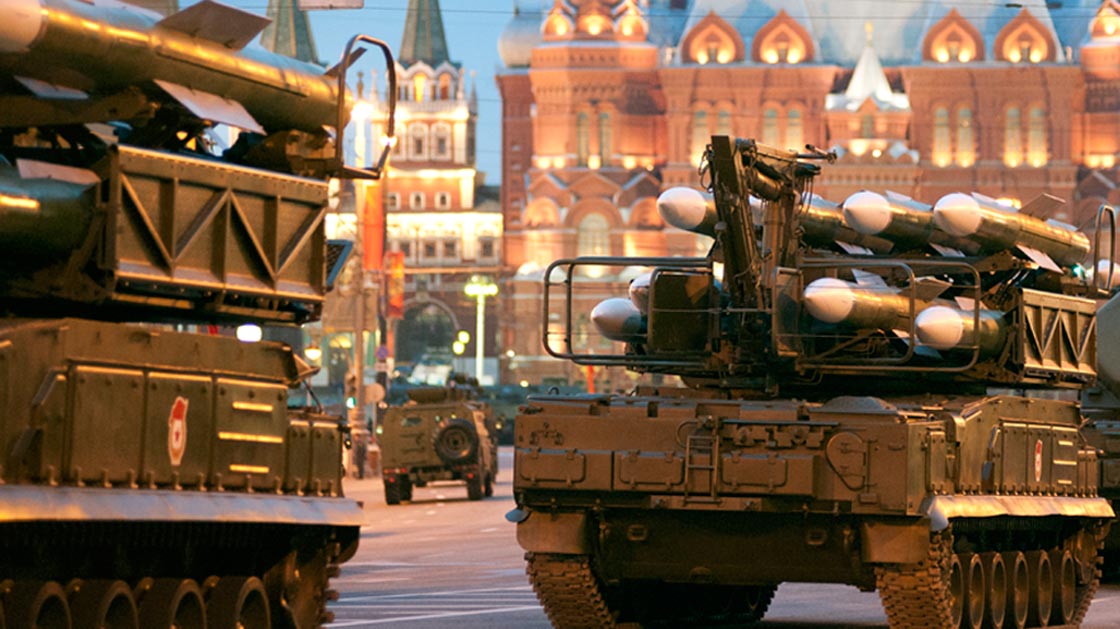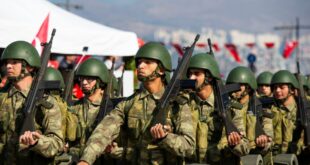By ERIC EDELMAN and TZVI KAHN
n a major speech on Thursday, Iran’s supreme leader, Ayatollah Ali Khamenei, issued what amounted to a warning of things to come. He called the U.S. account of Iranian obligations under the nuclear framework agreement “faulty, incorrect and contrary to the substance of the negotiations,” effectively stating that Tehran offered exactly zero concessions at Lausanne. “Nothing has happened yet,” he said. Adding insult to injury, he noted that any “unconventional inspection or monitoring which would make Iran into a special case would not be acceptable” in a final deal.
Previously, President Obama had said that the nuclear framework agreement between Iran and the P5+1 last week will provide “the most robust and intrusive inspections and transparency regime ever negotiated for any nuclear program in history.” Unfortunately, past American efforts to enforce arms control agreements offer reason to doubt that the United States will actually hold Iran accountable for any violations–just as Khamenei’s speech suggests that Tehran will take full advantage of this.
One 1987 arms control agreement between the United States and Russia is a case in point.
The Intermediate-Range Nuclear Forces (INF) Treaty, which requires both Washington and Moscow to eliminate ground-launched missiles with a range of 500 kilometers to 5,500 km, marked the culminating point of a tense Cold War standoff and was a key milestone toward its end. Yet for years, Russia has sought to subvert it.
In 2005, Russian Defense Minister Sergei Ivanov asked his American counterpart, Donald Rumsfeld, for his views about the possibility of Moscow’s withdrawal from the INF. The discussion was not merely academic. As the Financial Times reported at the time, “The fact that Russia’s military establishment was considering such a radical break with a pillar of the international arms control regime reflected a serious deterioration in relations between Russia and the West.”
In subsequent years, Russia would continue to express discontent with the treaty. In 2006, Ivanov called the treaty a relic of the Cold War. In 2007, he said that Russia was weaker because of it, while President Vladimir Putin asserted that it should be transformed into a global treaty. In 2008 the Bush Administration joined with Russian in an effort to do just that at the United Nations, with no takers.
In May 2012, after a failed attempt the year before, Russia successfully test-launched the RS-26 Rubezh (Russian for “frontier”) missile at a distance of 5,800 km — a distance far enough to qualify as an intercontinental ballistic missile (ICBM), which the INF does not prohibit. But subsequent tests of the Rubezh featured a modified, heavier payload that reduced its range to approximately 2,000 km, which the INF Treaty does prohibit, thereby signaling a prior, longer-term Russian intention to violate it.
In 2013, the Obama administration inexplicably dismissed claims that the Rubezh test-launch may have violated the INF. It was not until January 2014 that American officials shifted course and informed NATO of a potential Russian INF violation, and not until July of the same year that the State Department officially accused Russia of violating the Treaty.
In congressional testimony last month, Defense Secretary Ashton Carter further acknowledged the violations. “The INF Treaty is a two-sided treaty,” he said. “They said they wouldn’t do something. We say we wouldn’t do something. And they’ve done what they weren’t supposed to do.”
 Geostrategic Media Political Commentary, Analysis, Security, Defense
Geostrategic Media Political Commentary, Analysis, Security, Defense





